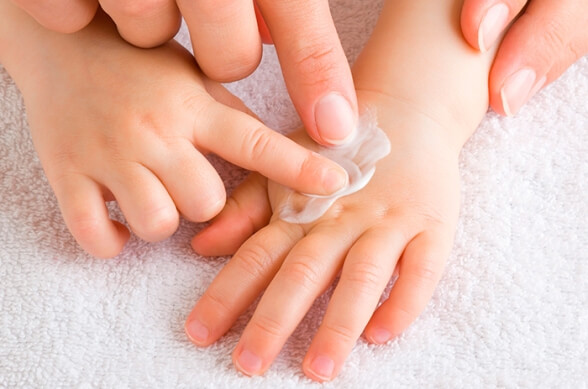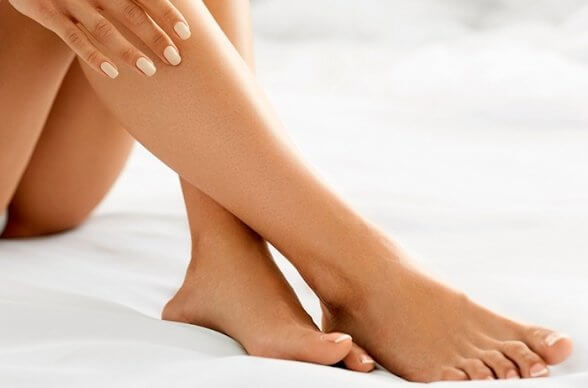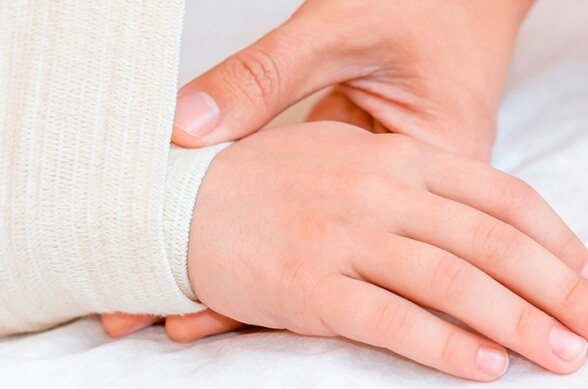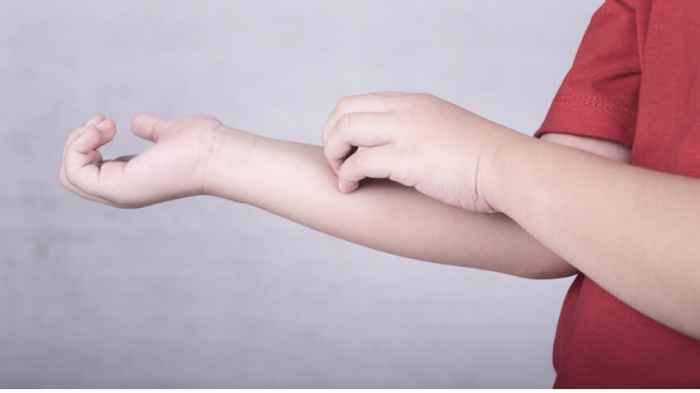Good to know

"Atopic person's skin should not be dry even for a minute!" — all adult patients and parents of children suffering from atopic dermatitis know that. Therefore, the skin needs to have special moisturizing and softening cosmetics – emollients – applied very often. But pharmacies sell a whole lot of creams, lotions, and gels that promise to moisturize the skin. How and what to choose?

It is known that the main method of treating atopic dermatitis is the use of Topical Glucocorticosteroids (TCS) – hormonal drugs in the form of ointments or creams. For skin inflammation, it's essential to rely on these topical treatments. Especially during flare-ups of the disease, TCS can effectively and swiftly address the inflammation.

Atopic dermatitis manifests uniquely in each individual. As such, both skin care and treatment require a personalized approach.
Atopic patients must use specialized cosmetics for a long time, such as soap, shower gel, emollient, soothing cream. During an exacerbation they should apply specific medications to different affected areas of the skin.
Atopic patients must use specialized cosmetics for a long time, such as soap, shower gel, emollient, soothing cream. During an exacerbation they should apply specific medications to different affected areas of the skin.

Atopic dermatitis is an inflammatory skin disease that requires consistent care. During remission, it's crucial to frequently apply emollients (moisturizing and softening creams) to uphold the skin's protective function. However, during exacerbation phases, cosmetic products alone may not be sufficient for areas with inflammation, necessitating the use of medicated creams or ointments.

Our skin possesses a protective water-lipid barrier, which comprises secretions from both the sebaceous and sweat glands. This barrier is home to skin-related microorganisms that defend against infections — and they thrive in an acidic environment!

Wet Wrap Therapy is a potent method designed to enhance the skin's condition in individuals suffering from skin diseases that manifest with itching. This therapy offers relief by calming itchy skin, moisturizing it, and guarding against nighttime scratching.

Managing a chronic disease often presents challenges in gauging the effectiveness of various treatments, and atopic dermatitis is no exception. Those affected routinely engage in multiple daily practices: using specialized skincare products, applying emollients, avoiding certain triggers, performing regular household cleaning, and applying prescribed treatments, among other tasks.

Atopic dermatitis, commonly characterized by severe skin itching, frequently leads to sleep disturbances, particularly during flare-ups. Sleep disruptions in children with this condition not only impact their well-being but also affect the overall quality of life for the entire family.

Many people aren't familiar with atopic dermatitis (AD), but those who deal with it know the challenges it brings. This is especially true for school kids with AD and their parents.
